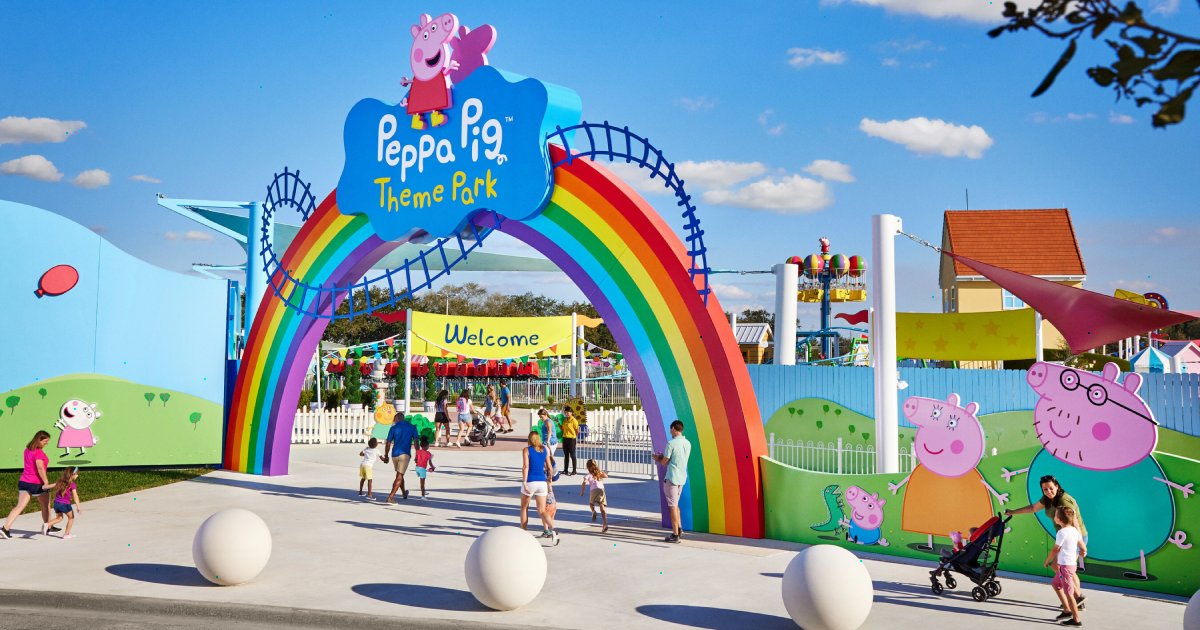
Compliance is Crucial for LBE
By Mark Seavy
In the aftermath of the non-licensed Willy Wonka-inspired “experience” in Glasgow and as new location-based entertainment (LBE) offerings open at a rapid-fire pace, it is likely that brand compliance will be getting extra scrutiny moving forward.
That’s not to say licensors have been lax in enforcing these requirements in the past. Ongoing maintenance and brand compliance are key clauses in the typical 10-year LBE licensing contracts. In fact, Cartoon Network did not renew a five-year contract with Amazon Falls Co. for the Amazone water park in Thailand in 2020 because of maintenance issues.
But as LBEs have become a fixture in the licensing businesses, monitoring them can be challenging. To begin with, some LBEs are located a world away from a brand’s licensing headquarters. And while there are locally based brand affiliates, the long-term nature of these deals makes them more challenging to monitor than consumer products. There is also the issue of non-licensed LBEs that do not have licensor approval, as was the case with Warner Bros. Discovery, which owns the Wonka IP.
“The Wonka event was an extreme example, but it is a cautionary tale for everyone,” said George Wade, President of the consulting firm Bay Laurel Advisors. A strong risk mitigation program is an important part of developing a location-based entertainment offering, Wade said, and there should be language in contracts that allows for ongoing inspections, including photos and videos taken before and after the attraction opens.
According to Ted Larkins, VP of Global Licensing at Octane5, platforms that include a self-auditing feature can help brand owners periodically check on manufacturing partners. And while the company’s BrandComply licensing enterprise software hasn’t been used specifically to check compliance at LBEs, he said that could be an avenue the company pursues in the future.
“iPads are used for live recording audio and video to ensure compliance and check if there have been any changes,” Larkins said. “When factories do a self-audit, it is very hard for them to cheat the system because if video is taken, sounds can be heard and it can be tracked whether it’s live video or not. Additionally, comparisons can be made with previous videos.”
The need for compliance is only likely to increase as new companies enter the LBE market to compete with experienced theme park operators like Disney and Universal. For example, the 55,000-sqaure-foot Spy Ninja HQ opened recently in Las Vegas and was developed by YouTubers Chad Wild Clay and Vy Qwaint.
“It’s best to make sure you have all the approvals in advance so that when the licensor shows up on sight there is very little they haven’t seen,” said Stacy Moscatelli, CEO of Original X Productions, which has developed experiences inspired by Friends, The Office and Harry Potter. “We err of the side of over communication because it doesn’t do anyone any good to have the consumer walk in and not be happy because then you have to close the doors and make changes on the fly.”
For Hasbro, compliance has been key as it expands its LBE business across a range of IPs, including Peppa Pig, Monopoly, and Play Doh. When the Peppa Pig World at Legoland in Orlando, FL was damaged by Hurricane Ian in 2022, licensee Merlin Entertainments was able to make repairs and reopen within 60 days.
“We include language that requires licensees to uphold the highest standards for our attractions and experiences, however, it ultimately comes down to choosing the right partner to entrust with our brands,” said Matt Proulx, VP of Global Experiences, Partnerships, and Music at Hasbro. “Collaborating with an experienced partner who values our brand standards and knows how to strategically execute makes all the difference.”

















